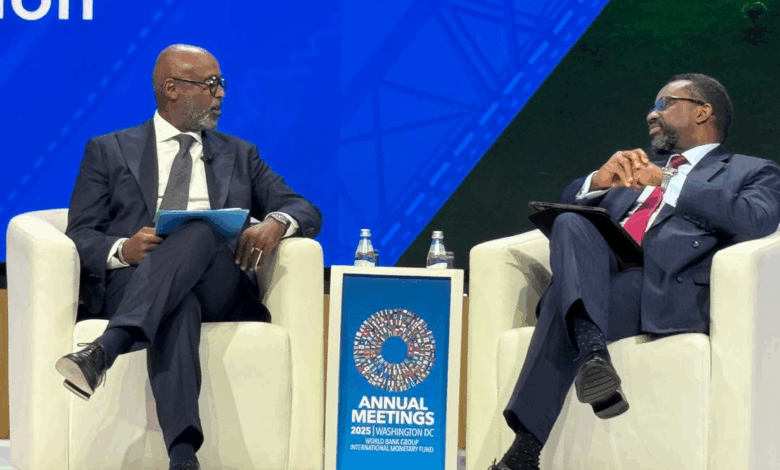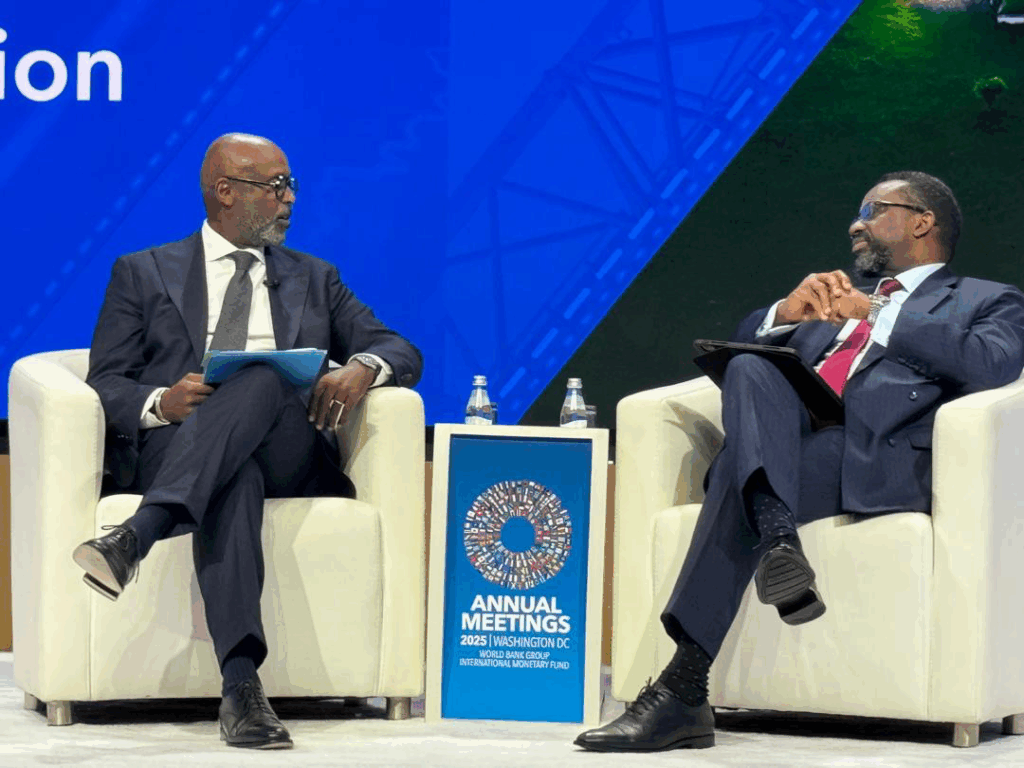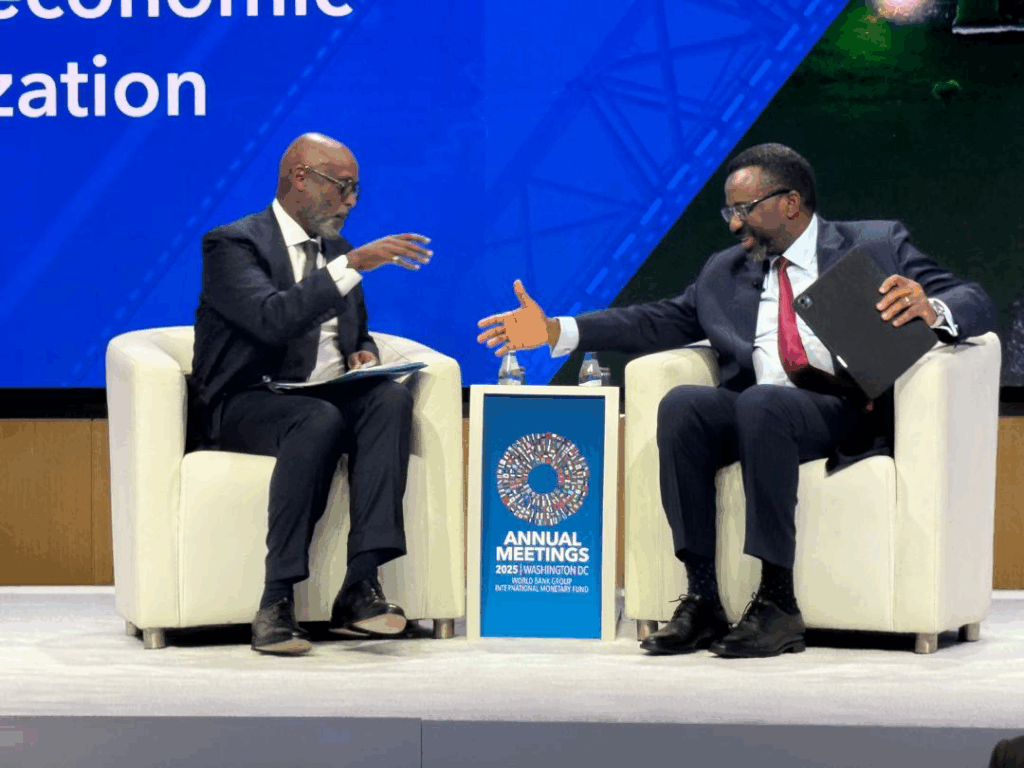‘We didn’t manipulate the market, we saved it’ – BoG Governor defends FX actions

Bank of Ghana (BoG) Governor, Dr Johnson Asiama Pandit, has dismissed allegations that the central bank manipulated the foreign exchange market, insisting its recent actions were necessary to prevent a total market collapse.
Speaking to the International Monetary Fund at the ongoing IMF/World Bank Spring Meetings in Washington, D.C., on October 16, He said the central bank’s interventions between the second and third quarters were triggered by heavy foreign exchange outflows linked to outstanding payments and investor exits.
“Yes, there were allegations about whether we were intervening in the market,” he said. “But that was not exactly the case. Remember, between the second and third quarters, we had to make a number of lump-sum payments. There were all these large arrears in payments to some of the IPPs. These were billions of US dollars.”

He explained that some domestic bondholders affected by the debt exchange programme also sought to exit the market after the cedi appreciated, prompting the central bank to facilitate those transactions.
“We had to allow them to go. And so we did a lot of lumpy payments between July and August,” Dr Pandit said. “So you might have seen some bit of that.”
The governor revealed that the situation was compounded by a temporary decline in remittance inflows, one of Ghana’s biggest sources of foreign exchange supply.
“Remittance inflows are another huge source of FX injection — you are looking at over six billion US dollars per year,” he explained. “However, immediately after the currency appreciated, we saw a decline.”

Dr Pandit said that at the height of the pressure, the interbank foreign exchange market had virtually dried up, forcing the Bank of Ghana to step in.
“The central bank needed to step in and meet all those lumpy payments. The interbank market had dried up during that time, and so the central bank needed to provide that support,” he said. “But I’m happy to say that the interbank FX market has come back.”
He said the Bank of Ghana has since written to mining firms to channel their inflows through commercial banks, a move that is gradually reviving activity in the market.
“We are beginning to see some pickup in interbank FX market activity,” he noted. “With that, the central bank wouldn’t have to be that present.”
Dr Pandit clarified that the only exception to this directive is gold inflows, which continue to be managed under the Gold for Reserves framework.
“To give you an example, as of yesterday, we had committed to make available $150 million,” he said.
“This morning, when I checked, the market had picked up only $90 million, so $60 million automatically goes into our reserves. Same thing Tuesday — we made available 150 million, and the market picked up less than half. So automatically it goes into our reserves.”

He stressed that the central bank has not flooded the market with dollars or tried to control prices, but rather acted to ensure stability.
“We do not over-support the markets at all,” he emphasised. “All we seek to do is to limit the volatilities in the markets, to ensure that we have that smooth dynamics in the market. And that’s the framework we will maintain going forward.”
Dr Pandit maintained that without the central bank’s timely intervention, Ghana’s foreign exchange market would have seized up, with devastating consequences for businesses and consumers.
DISCLAIMER: The Views, Comments, Opinions, Contributions and Statements made by Readers and Contributors on this platform do not necessarily represent the views or policy of Multimedia Group Limited.
Tags:
DISCLAIMER: The Views, Comments, Opinions, Contributions and Statements made by Readers and Contributors on this platform do not necessarily represent the views or policy of Multimedia Group Limited.
Source link




